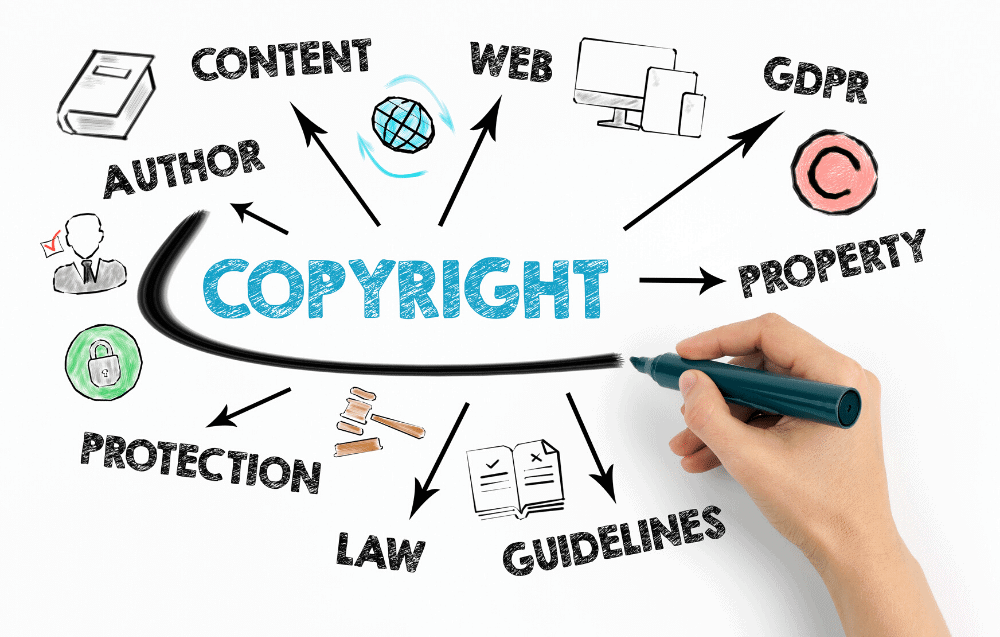Copyright law is among of the most controversial topics of the web. From YouTube music remixes to downloading textbooks for school. This law, in its current state, allows individuals to completely remove creative works not for the reason of copyright itself but just using it as an excuse, as its that easy to strike. If we take a look at YouTube, its becoming so easy to remove a video, simply but just reporting a set of words which match a song, or even in some cases just saying a name of a copyright protected product. The reform want to provide free use for non-commercial copying. The reform can be shortly summarized by six points.
Copyright is actually a really good solution to a lot of misuse and stealing of commercial content. The book talks about it as something positive, however needs some tweaking. The book starts of with the point, that moral rights should remain unchanged, which means that the author is and will be the one responsible for the work created. Following that, the author says that free non-commercial sharing should be allowed. I definitely agree with this. Because since the person using something that's copyrighted isn't earning or gaining anything from it, they should not need to think about breaking the law or getting punished. Moreover the author states that after 20 years the copyright should be dropped. For me this doesn't make sense, since if someone makes an album at for example 19 years old and then someone comes and says its actually not theirs anymore at 39, that wouldn't be fair. I think that this point could be completely reworked by applying a rule of "Registration after 5 years". This means that every five years the author will have to reapply for the rights allowing the original owner to remain the owner and at the same time proving their responsibility for the product. This also removes the cases when the owner is not alive and therefore cant trade the rights. Further more, today it is a major obstacle to musicians, film makers, and other artists who want to create new works by reusing parts of existing works. The author presents the idea of introducing clear exceptions and limitations to allow remixes and parodies, as well as quotation rights for sound and audiovisual material. Lastly a ban on DRM, which is an acronym for “Digital Rights Management”, or “Digital Restrictions Management”. The term highlights technologies that aim to restrict consumers’ and citizens’ ability use and copy works, even when they have a legal right to do so. This goes well with the other points as big tech companies should not have the right to make their own laws and then enforce them themselves.
All in all, i think its crazy to think that all of the web can be copyrighted, however it is a good idea to tweak the laws a bit, since as mentioned above, some parts aren't really fair to the average non-commercial consumer.
References:
- http://falkvinge.net/wp-content/uploads/large/The%20Case%20For%20Copyright%20Reform%20(2012)%20Engstrom-Falkvinge.pdf

Comments
Post a Comment